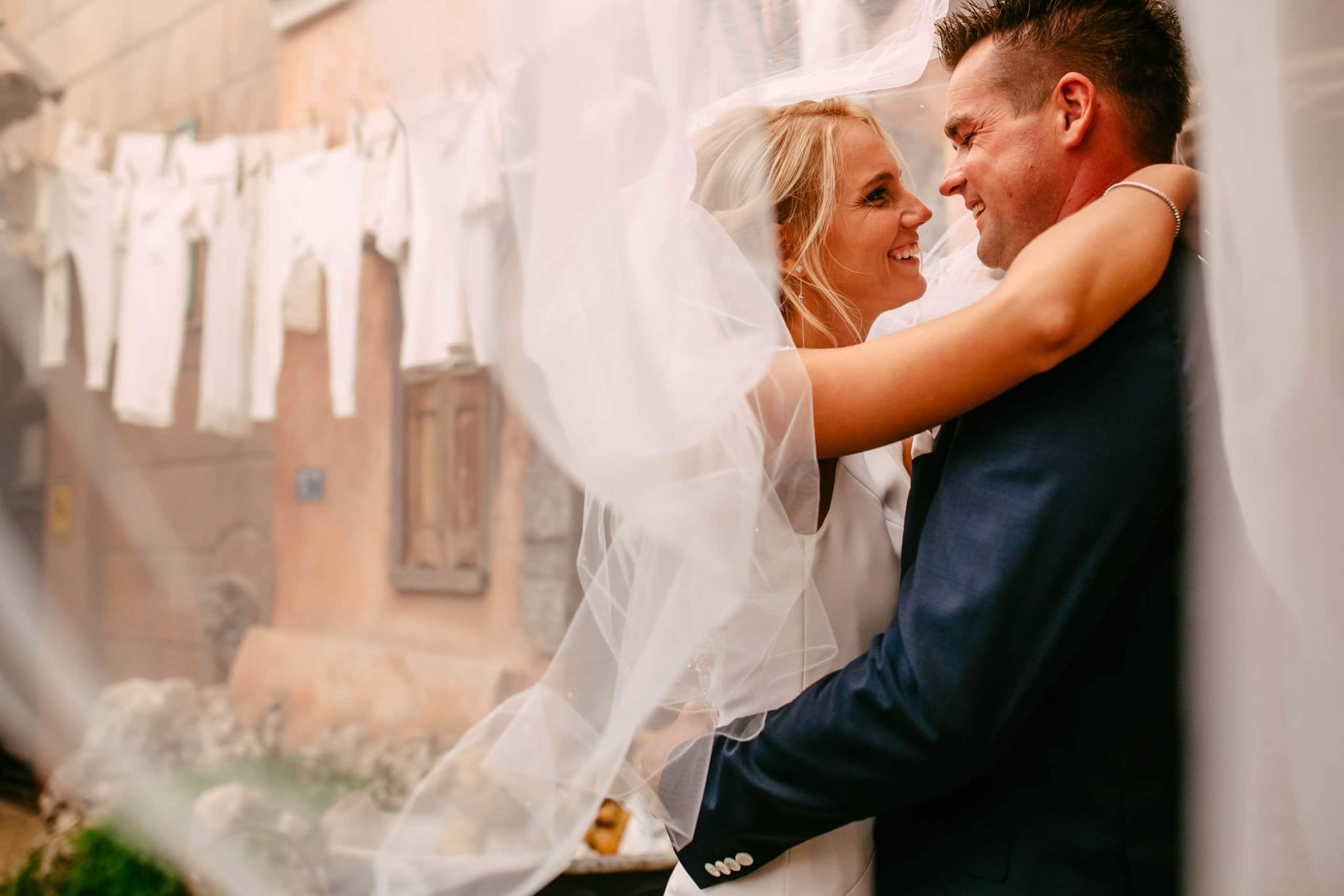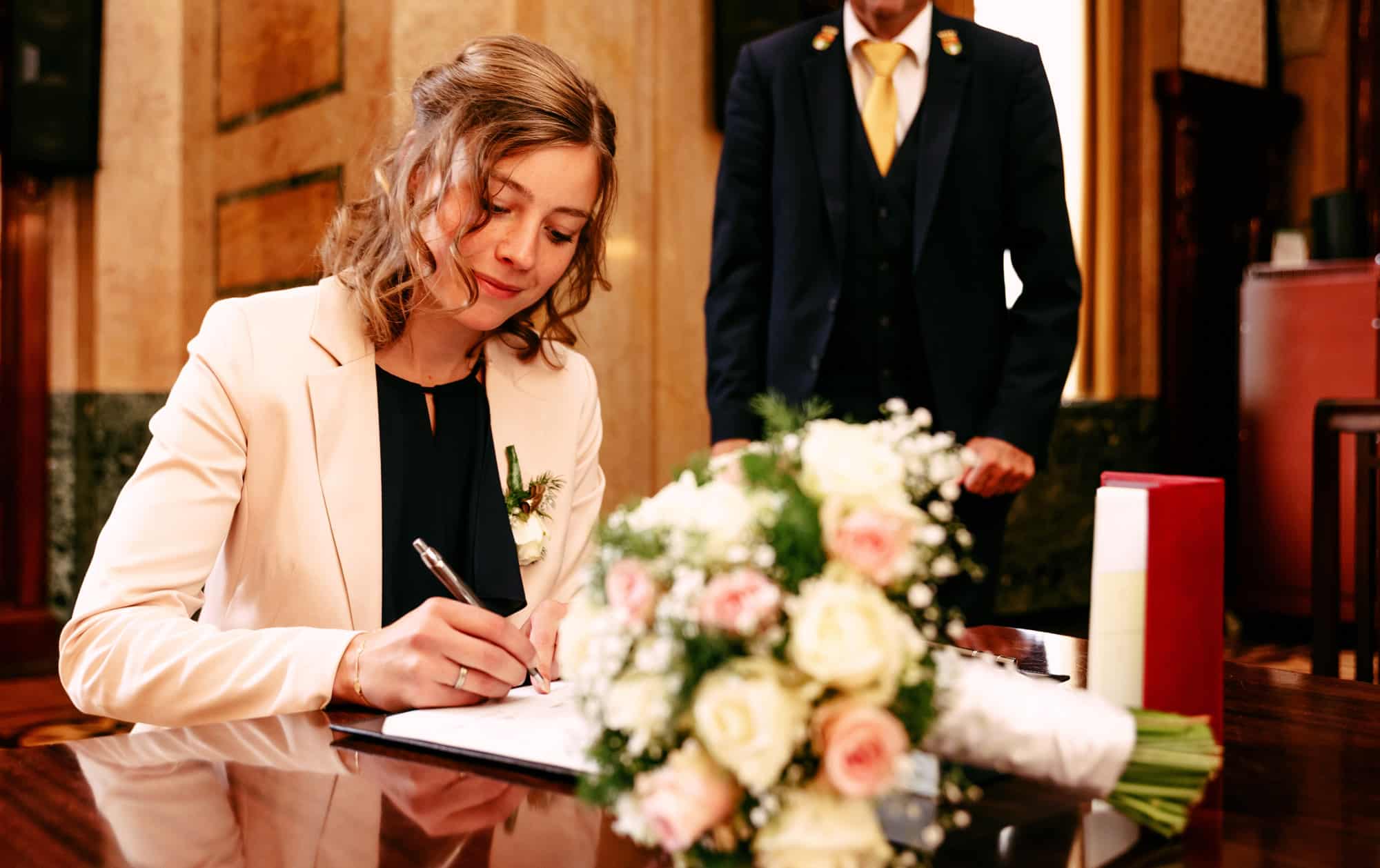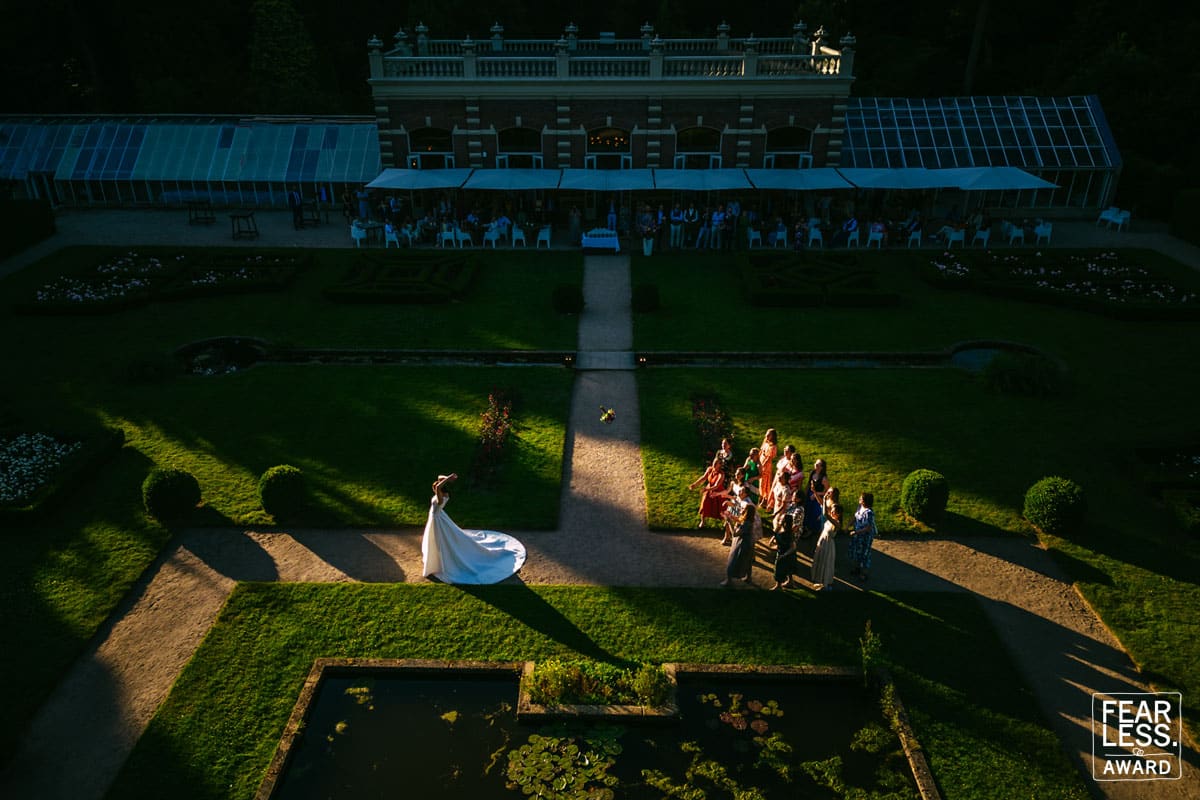
Getting married is an exciting adventure full of love and joy. But between the plans of the wedding and choosing the perfect cake, there is an important aspect that is often overlooked: prenuptial agreements. Let's take a closer look at this topic, along with something called the matrimonial property registry. We'll keep it simple, clear and hopefully a bit of fun.

Marriages: An Agreement of Love and Logic
Marital agreements are arrangements you make with your partner about how you would divide your assets and debts if you ever split up or if something happened to one of you.
Why would you want to make such a deal? Maybe you have a family heirloom or a business you want to protect. Or maybe you don't want your partner to be burdened with a debt you accumulated before marriage. These are all things you can include in the prenuptial agreement.
This agreement should be drawn up by a notary public. He or she will help you make sure the agreement is fair and legally binding.

Marriage registry: A Public Archive
After you draw up the prenuptial agreement, it will be entered in the matrimonial property register. This register is a public archive in which prenuptial agreements are kept.
The marital property registry helps others, such as creditors, to see if you have marital property. This can be important if you have a debt you cannot pay, as they can then check whether they can use some of your assets to settle the debt.
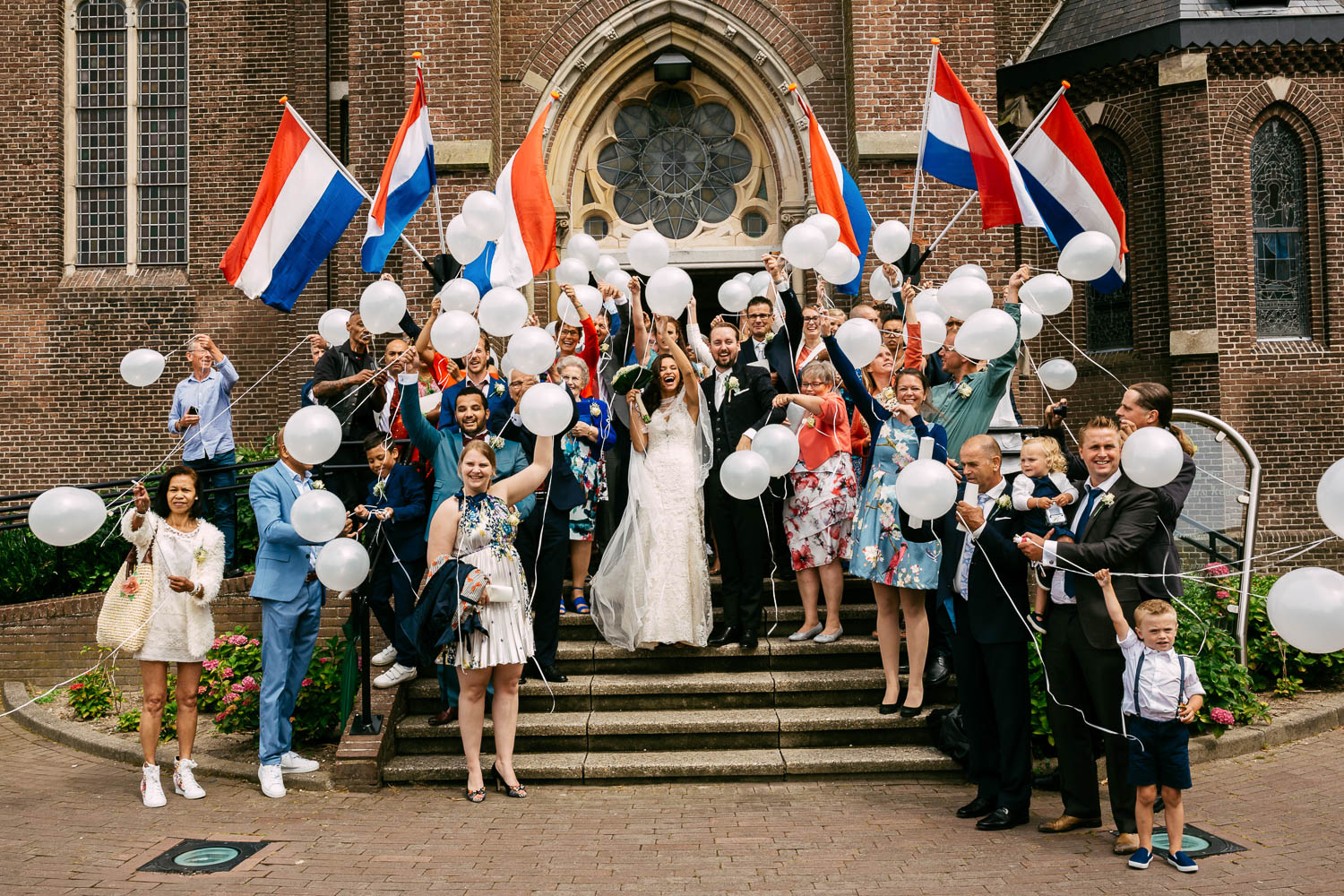
Benefits of Marital Status: Protection and Security
Marital agreements provide clarity on how assets and debts will be divided in case of divorce or death. They give both partners security and protection, especially if one of them has significant personal assets or debts before the marriage.

The Process: how to draw up Marital Agreements
Drawing up prenuptial agreements is a process that should be approached with care and attention. It starts with a frank conversation between the partners about their finances. Then, with the help of a notary, a legal document is drafted. It is important that both partners are comfortable with the terms and conditions being established.

The Role of the Notary in Marital Settlements
A notary plays a crucial role in drafting prenuptial agreements. The notary ensures that the document is legally correct, that the interests of both parties are protected and that the terms are fair and reasonable.
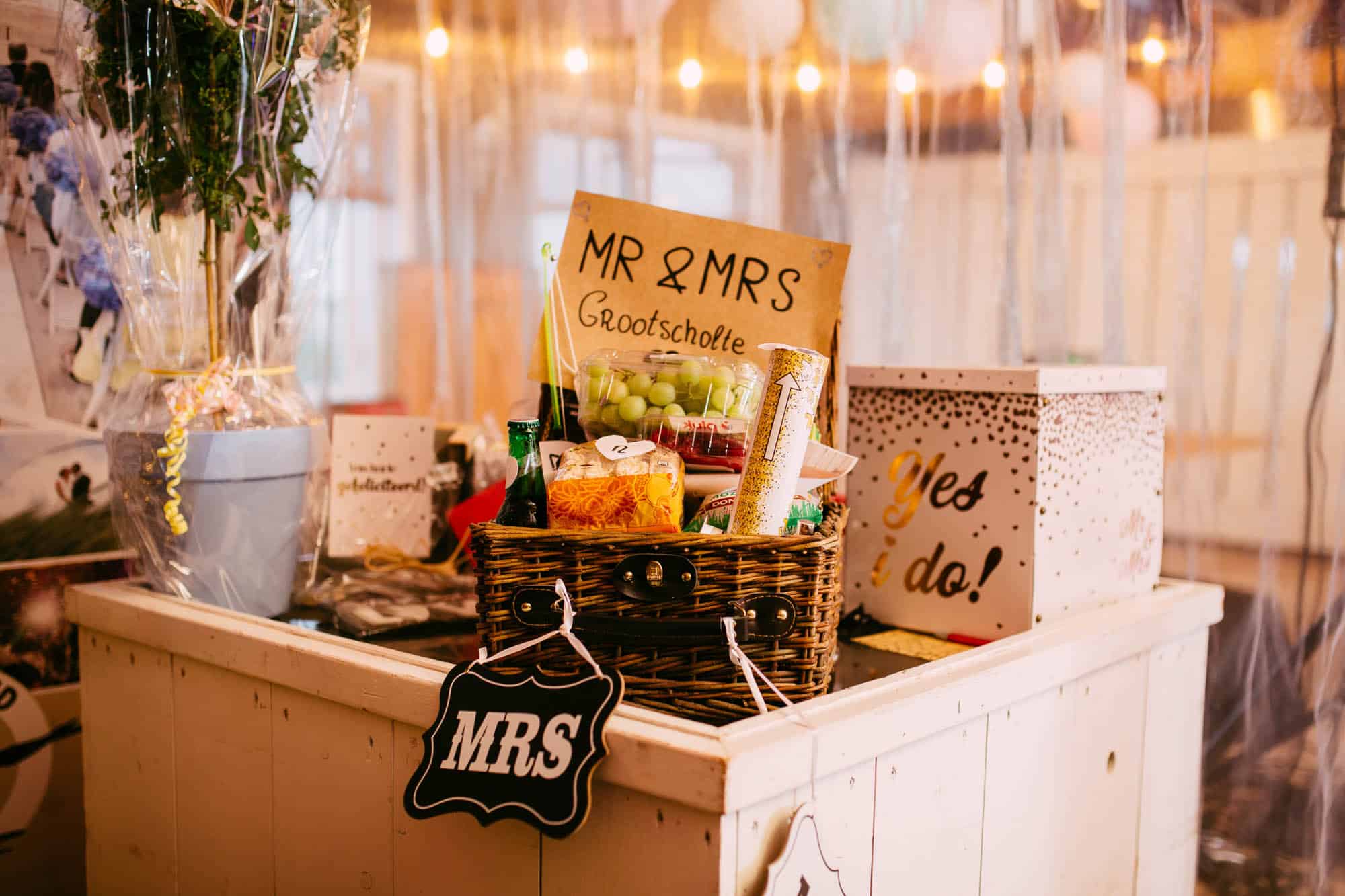
How the Marriage Registry Works: A Look Behind the Scenes
The matrimonial property register is a public register in which all prenuptial agreements and partnership agreements are recorded. This register is accessible to everyone and is especially important for creditors, who can use it to check whether prenuptial agreements have been drawn up that may affect the payment of debts.

Frequently asked questions about Marriages and the Registry of Marriages
Here are some frequently asked questions (and answers) about prenuptial agreements and the matrimonial property register:
1. What are prenuptial agreements? Marital agreements are arrangements you make with your partner about how you would divide your assets and debts if you ever split up or if something happened to one of you.
2. Why would I need prenuptial agreements? Marital agreements allow you to set your own rules for the division of assets and debts, rather than relying on standard law. This can be useful if you want to keep certain assets separate, such as a business or inheritance, or if you want to protect your partner from debts you had before the marriage.
3. How do I draw up prenuptial agreements? Marital agreements must be drawn up by a notary. The notary will ensure that the agreement is legally binding and that it is fair and balanced for both parties.
4. What is the matrimonial property register? The matrimonial property register is a public register in which all prenuptial agreements are kept. This register helps others, such as creditors, to see if you have prenuptial agreements.
5. Do my prenuptial agreements have to be registered in the matrimonial property register? Yes, if you have drawn up prenuptial agreements, they must be registered in the matrimonial property registry. If they are not registered, they are not recognised by the law and cannot be enforced.
6. Update marital property register
The marriage registry registers prenuptial agreements and partnership agreements. If you want to change your prenuptial agreement after your marriage, you must do so through a notary. The notary will draft the changes and then register them in the matrimonial property register.
You cannot directly make changes to the matrimonial property register yourself. This must always be done through a notary to ensure that all changes are legally correct and binding. It is also important to involve your partner in this process, as changes to the prenuptial agreement require the consent of both partners.
So there you have it - getting married doesn't just mean the plans of a great celebration, but also making important financial decisions. By drawing up prenuptial agreements and registering them in the matrimonial register, you can ensure that you are ready for the future, no matter what. And that's a great way to take care of each other, even in the most practical matters!








